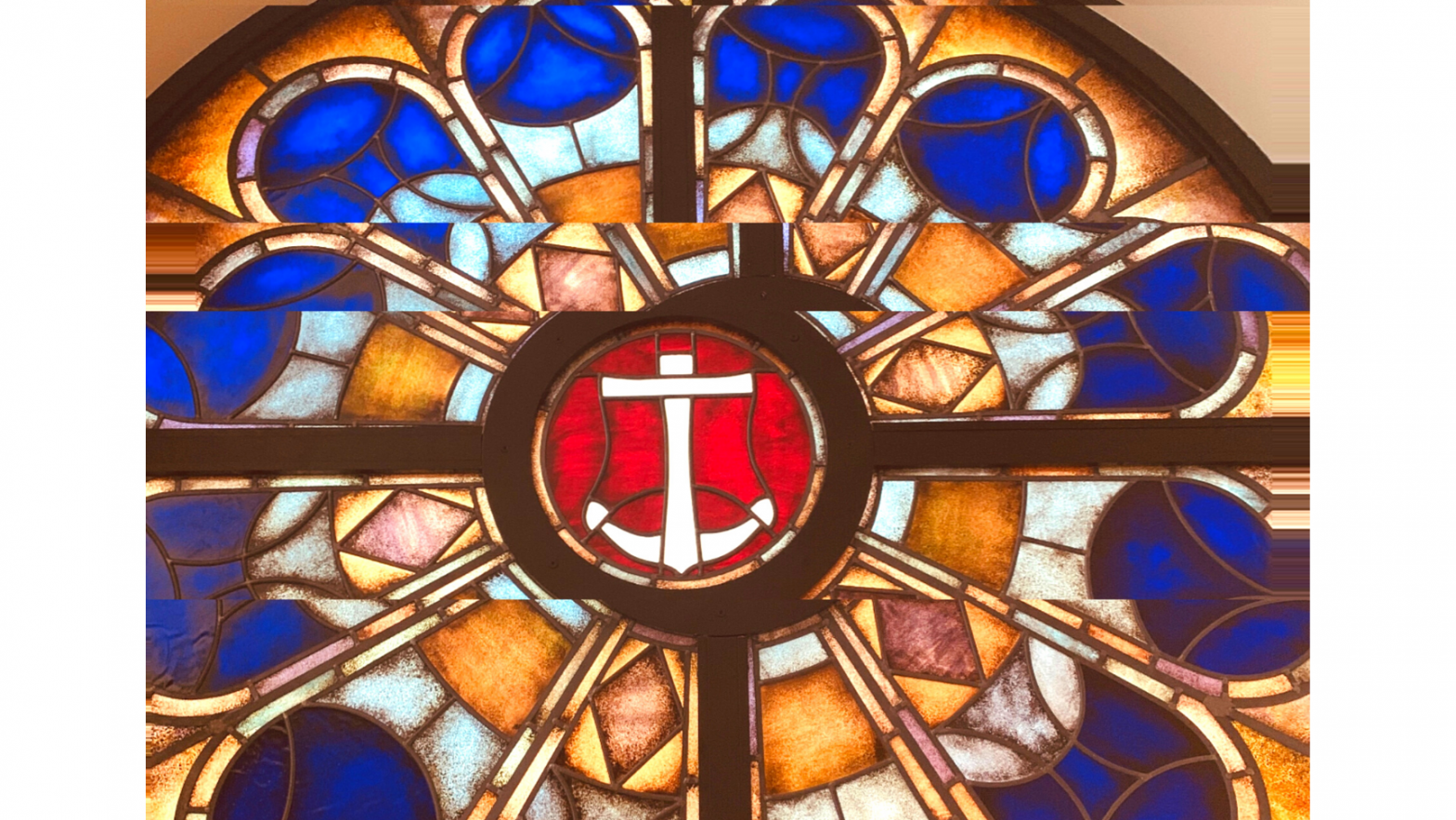Chair of the English Department, Dr. Ernest Cole, shares his reflections on living through the Ebola outbreak and how we can instill hope during the Coronavirus pandemic. Dr. Cole did not contract Ebola, but learned much from being close to the chaos.
In May 2014, I was home (Sierra Leone) on sabbatical leave on what promised to be a 3-month period of productive research for a possible monograph. I intended to conduct interviews with amputees of the civil war in two resettlement camps in the outskirts of Freetown. 8 days later, my stay was cut short when the United States embassy in Freetown issued a mandatory request for Americans to return to the States. The deadly Ebola virus was on the rampage. That was the signal for me to get out of the country and with my “Green Card” in hand, I rushed to the next available airline. With luck, I got a seat on the next flight to Brussels aboard Brussels Airlines. From Brussels, I flew to the States. I did not contract the Ebola virus luckily, and was lucky to fly out when I did.
I recount this story with a deep understanding of the anxieties, fears, and tears that come with the outbreak of a pandemic; one that the current situation with Covid-19 is evoking across the USA. I also write this with a sense of humility and a willingness to share some of the lessons I learned from the Ebola outbreak in my native Sierra Leone. Ebola was devastating and hundreds, if not thousands, of my countrymen died in gruesome circumstances. However, despite this, I write to convey hope and promise to you all. As I witnessed the first cases of death of Ebola victims in Sierra Leone, I was stunned by the fact that my people never lost hope. Their resilience and unshakable faith in their Creator shined through the tragedy even as they watched a relative, friend, or community member succumb to the ravages of Ebola.
Coronavirus, like Ebola, has already taught me some valuable lessons. First, we are more connected than we imagined. More than ever we must be aware of the interconnectedness of our human societies. The phrase “the world is becoming a global village” is perhaps more than ever true. Second, in the same way, I learned that the problems of the world can no longer be solved by any one discipline or country but by interdisciplinary efforts, global cooperation and action. Third, the exercise of our moral and ethical values — as we practice compassion and love for one another, and follow medical advice relating to practical measures like individual hygiene and social distancing — should be paramount in all our actions. That is what will sustain us through this period of anxiety and trepidation.
On this note of values and collective action, I would like to acknowledge the tireless and tremendous efforts of Hope College’s administration in providing leadership, guidance, and support to the entire Hope community — including faculty, staff, and students. I would like to particularly recognize the work of President Matthew Scogin, Provost Cady Short-Thompson, Associate Provost Gerald Griffin, the Deans’ Council — Sandra Visser, David Van Wylen, & Scott Vanderstoep, Diedre Johnston, Kelly Jacobsma, Carol De Jong, and Shonn Colbrunn — and Human Resources for their guidance and direction.
While we are not yet out of the woods, the indications are that we are ready to take on the challenges that the virus poses to our college community. I suspect the conduct of college affairs will be different, but it is a difference that is crucial and necessary for our students, programs, and institution. My thanks to my Dean, Sandra Visser, for her resourcefulness in leading the Arts and Humanities, and to all of my colleagues, particularly in English, for their kindness, compassion, and willingness to adopt new methods of delivery of instructional materials in order to meet the needs of our students. I acknowledge the patience of our students to work with us and to adjust to new ways of learning. Our collective efforts have taught me the values of solidarity, community support, humility, love, and kindness. I am proud to be a member of the Hope community.
Finally, I wanted to reassure my colleagues that as many Sierra Leoneans survived Ebola, millions of American will survive Covid-19. And Sierra Leoneans did so without the health care system and structures to address a pandemic that the United States has. America has the resources and medical structures to defeat this virus. What it takes is, first and foremost, discernment from God, clear medical advice, community support, truth, and compassion for one another. I am thrilled to see the manifestation of these values at Hope in our collective endeavors to respond to the challenges that Covid-19 poses to our community.
Spera in Deo.


